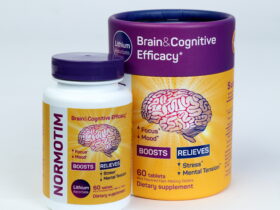Carbohydrates are the body’s preferred source of fuel during exercise, and many runners use them during training to increase performance. But carbs can be confusing: There are different kinds, and they’re not all treated the same by your body. Understanding what they are and how they work can make it easier to use them in your workout plans.
Carbohydrates are composed of sugars and starches, which break down into glucose (sugar) when digested. Glucose is the preferred form of energy for the body because it can be used immediately. Carbohydrates can be found in grains, fruits, vegetables, milk and sugar products like candy or chocolate.
Glucose enters the bloodstream after being consumed or produced via the breakdown of glycogen — storage forms of glucose — in the liver and muscles. The glucose from carbohydrates is absorbed into cells with the help of insulin, a hormone produced by the pancreas.
Within hours after digestion, glucose is available to cells throughout the body except for red blood cells, which do not have insulin receptors. This means that while you’re exercising on carbohydrate calories, your muscles have quick access to fuel but your brain has to wait until the body converts fat into a usable form of energy known as a ketone body.
Many runners have a carb phobia, but this is unfounded. Carbs are not inherently fattening or unhealthy. Most Americans eat too many processed carbs, which can lead to weight gain and a host of health problems. But fresh fruits, vegetables and whole grains eaten in moderation provide essential nutrients and fiber that help keep runners healthy and fit.
Carbohydrate requirements vary depending on your fitness level and goals. The good news is that you don’t need to calculate how many grams of carbohydrates you need each day or obsess over the carbohydrate content of each food item. Instead, focus on eating a wide variety of nutrient-rich foods that include carbohydrates at every meal and snack. You can even include carbohydrates in your post-workout recovery shake!















Leave a Reply